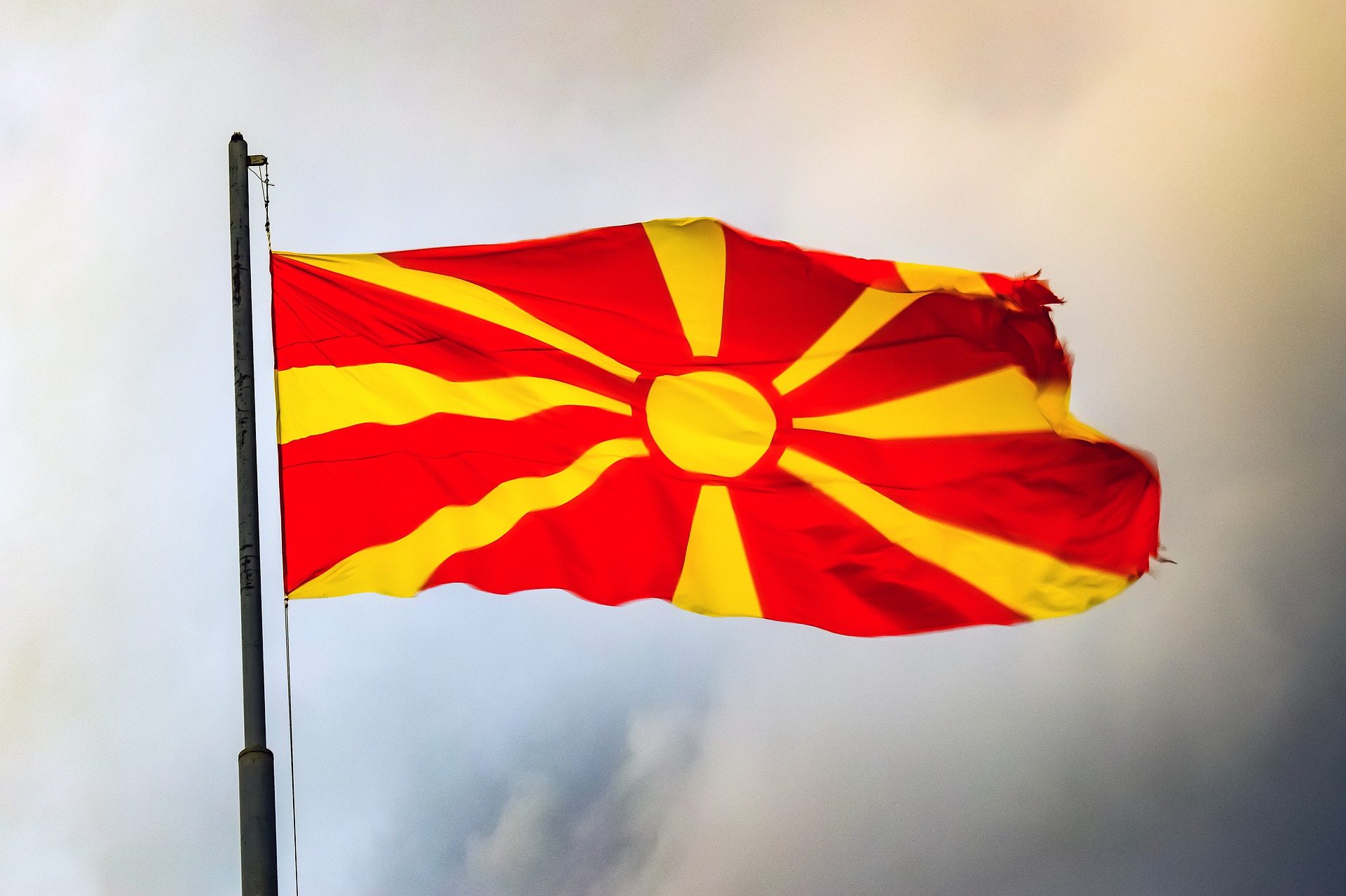
Under normal circumstances, the priority for the government of North Macedonia this spring would have been beginning European Union (EU) accession negotiations – a milestone in the country’s democratic development that was green-lit by the EU in March. Unfortunately, the COVID-19 pandemic has put negotiations on the back burner and risks delaying further rule-of-law reforms that are necessary to secure EU membership. The International Republican Institute (IRI) is committed to helping North Macedonia realize its dream of a democratic and European future, and is continuing to assist the government enhance fiscal transparency and fight corruption so that it can qualify for EU member status.
The prospect of EU accession is a critical development for North Macedonia – incentivizing politicians to implement the important political, judicial and economic reforms needed to secure EU membership. The announcement was also a positive step as it rewards democrats in North Macedonia for making tough but necessary diplomatic compromises – the most significant of which was changing the country’s name to address Greek concerns –in order to secure the country’s place in a free and democratic Europe. As malign Chinese and Russian influence in the Balkans increases, accession will reinforce North Macedonia’s integration into NATO and other Euro-Atlantic institutions that are critical for ensuring the country’s long-term security.
While the COVID-19 pandemic has shifted attention away from negotiations, that does not mean the EU has ignored North Macedonia or the Balkans. At the EU-Western Balkans Zagreb Summit on May 6, EU member states issued a declaration that reaffirmed broad EU support for the Western Balkans and emphasized the “unity and solidarity” in which the EU and the Western Balkans will respond to COVID-19.
To underscore this message of solidarity, the EU is providing the Western Balkans with a €3.3 billion COVID-19 support package; with North Macedonia receiving €4 million in immediate health care support, €62 million in socio-economic recovery funds, €66 million in business and public sector investment and €160 million in macro-financial assistance.
Unfortunately, the declaration did not mention accession or set a target date for the opening of negotiations with either North Macedonia or Albania, the other Balkan state invited in March to begin negotiations. It is imperative for the EU to match its significant short-term crisis response efforts with equally-bold long-term commitments and vision in order to maintain democratic progress in the Western Balkans.
In anticipation of the resumption of accession negotiations, North Macedonia should make further progress on prosecuting corruption and implementing reforms where possible. This will show Macedonians that the government is serious about tackling long-standing problems and using EU assistance responsibly and transparently. It will also demonstrate to EU member states that North Macedonia is serious about beginning the accession process.
IRI stands ready to continue assisting the people of North Macedonia in realizing their aspiration for a more democratic and European future. In November 2019, IRI launched the Open Finance Portal which greatly improves the country’s fiscal transparency, a new code of ethics for government officials and reforms for the State Commission for Prevention of Corruption which was specifically noted by the European Commission’s 2019 report. Additionally, IRI is helping the government expand the COVID-19 webpage to include detailed information on government spending for COVID-related measures to ensure that funds are allocated transparently and effectively.
While improving transparency and enhancing ethics are important, EU membership negotiations represent more than just an opportunity to improve governance in North Macedonia. Fundamentally, membership negotiations represent a choice between joining a democratic, law-abiding and prosperous Europe or succumbing to the illiberal, corrupt and stagnant alternative offered by authoritarians like Moscow and Beijing.
EU membership remains North Macedonia’s best chance at overcoming ethnonationalism and authoritarianism while laying the foundation for the long-term stability and economic development that its people deserve. Whether the country joins the EU will depend on Macedonians continuing to choose and implement tough reforms, and IRI has an important role to play in making these reforms successful.
Top